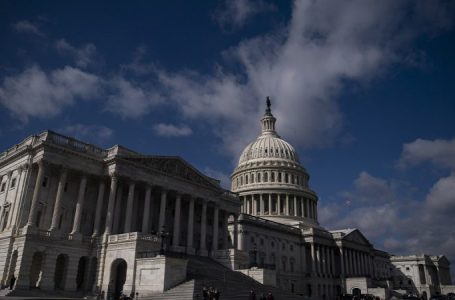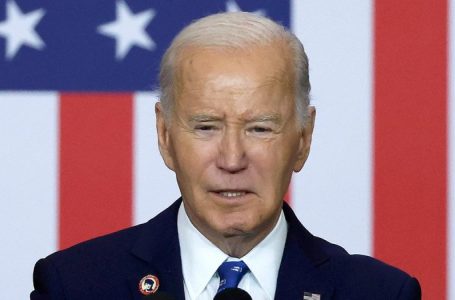Digital health companies pummeled by Wall Street in 2024 as industry adapts to post-Covid slowdown
Biden Admin Makes Big Angola Investment to Counter China’s Critical Minerals Dominance






US President Joe Biden directed an additional US$600 million to the Lobito Corridor project during a visit to Angola, reinforcing a commitment to enhancing critical minerals supply chains in the African region.
The funding builds on the US$553 million committed earlier this year to the corridor, which connects the copper-rich Democratic Republic of Congo (DRC) and Zambia to Angola’s Atlantic coast.
The US has now invested more US$1.1 billion in the project, with the latest amount reportedly supporting related sectors as well, including agriculture, clean energy, health and digital access.
The initiative also aims to counter China’s longstanding dominance in the region’s mining and infrastructure sectors.
“The United States understands how we invest in Africa is just as important as how much we invest in Africa,” Bloomberg quotes Biden as saying. He emphasized that infrastructure is a way to foster economic growth.
As the largest railway investment outside American borders, the Lobito Corridor is a significant project for the US. Spanning nearly 2,000 kilometers, it aims to expedite the transport of cobalt, copper and other critical minerals.
The DRC and Zambia together account for a substantial share of the world’s cobalt reserves, a resource crucial for battery technologies. According to the Associated Press, the revamped railway is expected to reduce transport times for cargo destined for the US and other markets from 45 days to approximately 45 hours.
In addition to facilitating mineral exports, the corridor is projected to boost economic activity in the region. Angolan President João Lourenço and his counterparts from Zambia and the DRC praised the initiative, underscoring its potential to create jobs, stimulate private investment and improve infrastructure in related sectors.
The announcement comes as the US seeks to strengthen its engagement with Africa amid growing competition with China. Over the past two decades, China has invested heavily in African infrastructure, particularly in resource-rich countries like Angola, where Chinese loans have supported numerous projects.
Lourenço has taken steps to reduce Angola’s economic reliance on Beijing since taking office in 2017.
Biden’s visit to Angola, his first trip to Sub-Saharan Africa as president, marks a renewed US focus on the continent.
The Biden administration has tied this investment to broader initiatives such as the Bipartisan Infrastructure Law and the Partnership for Global Infrastructure and Investment, which aim to counter China’s Belt and Road Initiative.
Securities Disclosure: I, Giann Liguid, hold no direct investment interest in any company mentioned in this article.











